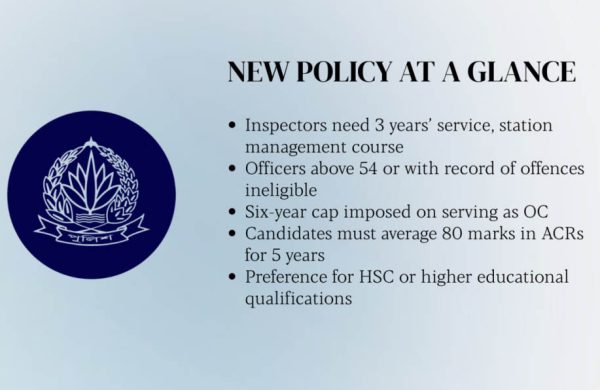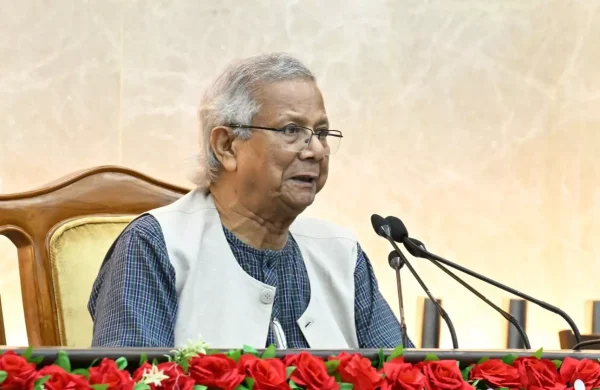Fixing executive, legislature, and judiciary must come first: Asif Nazrul
- Update Time : Saturday, July 26, 2025

Staff Correspondent:
The most urgent task for the country is to fix the three pillars of the state — the executive, legislative, and judiciary, Law, Justice and Parliamentary Affairs Adviser Asif Nazrul said on Saturday (July 26).
“Without addressing the dysfunction in these key organs, other initiatives would prove meaningless,” he said while speaking at the 11th Human Rights Conference at the Professor Muzaffar Ahmed Chowdhury Auditorium of Dhaka University.
The conference, themed “Restore Human Rights, Rebuild the Society”, was organised by Human Rights Support Society (HRSS).
The adviser added, “You may set up an information commission, a human rights commission, hold numerous seminars and symposiums, but it won’t help if the root problems in the main organs remain unaddressed.”
Nazrul further said, “Simply changing laws will not fix the country. There is no shortage of good laws in Bangladesh. But laws alone don’t bring change. Building strong institutions is what truly matters, and we have failed to do that.”
The adviser also pointed out a lack of accountability and leadership succession across society, not just in politics.
“We often criticise political leaders like Khaleda Zia, Sheikh Hasina, and Ershad for not stepping down or choosing successors — but do we act differently?” he questioned. “Do major newspapers, human rights bodies, or think tanks in Bangladesh plan leadership succession?”
Nazrul emphasised the need to foster a “culture of human rights” beyond legislation. “We must reform our education curriculum, pursue self-purification, ensure transparency in universities, build strong human rights bodies across every office, school, and college”.


















